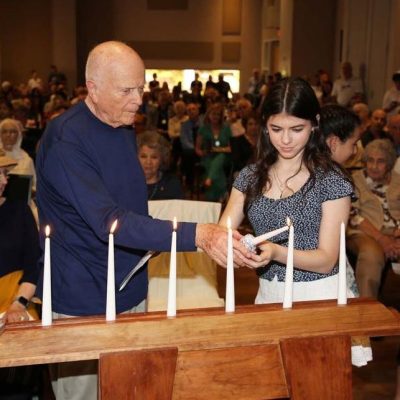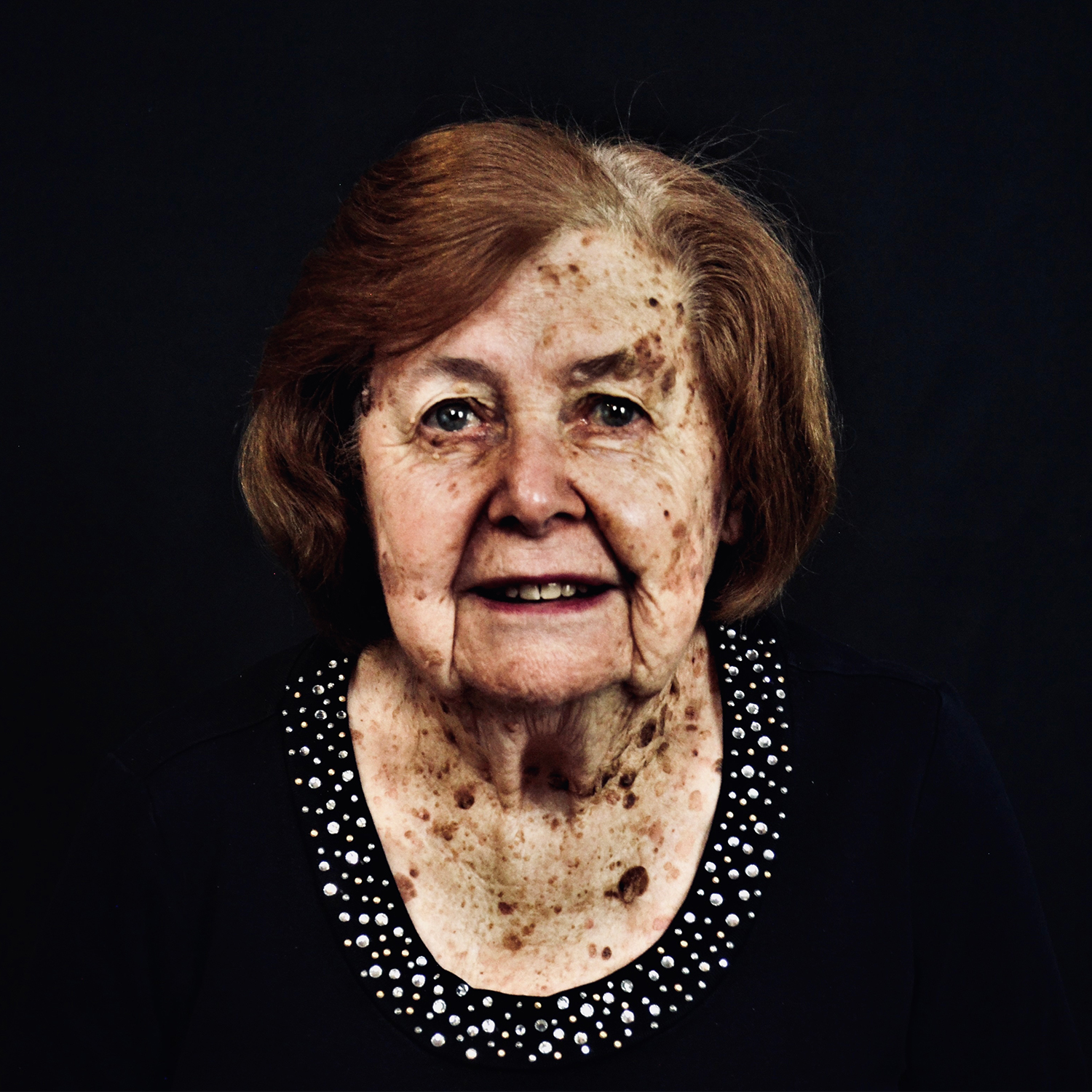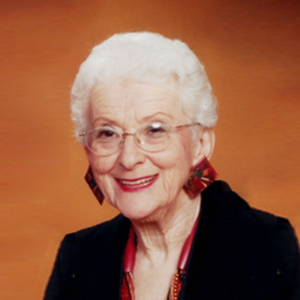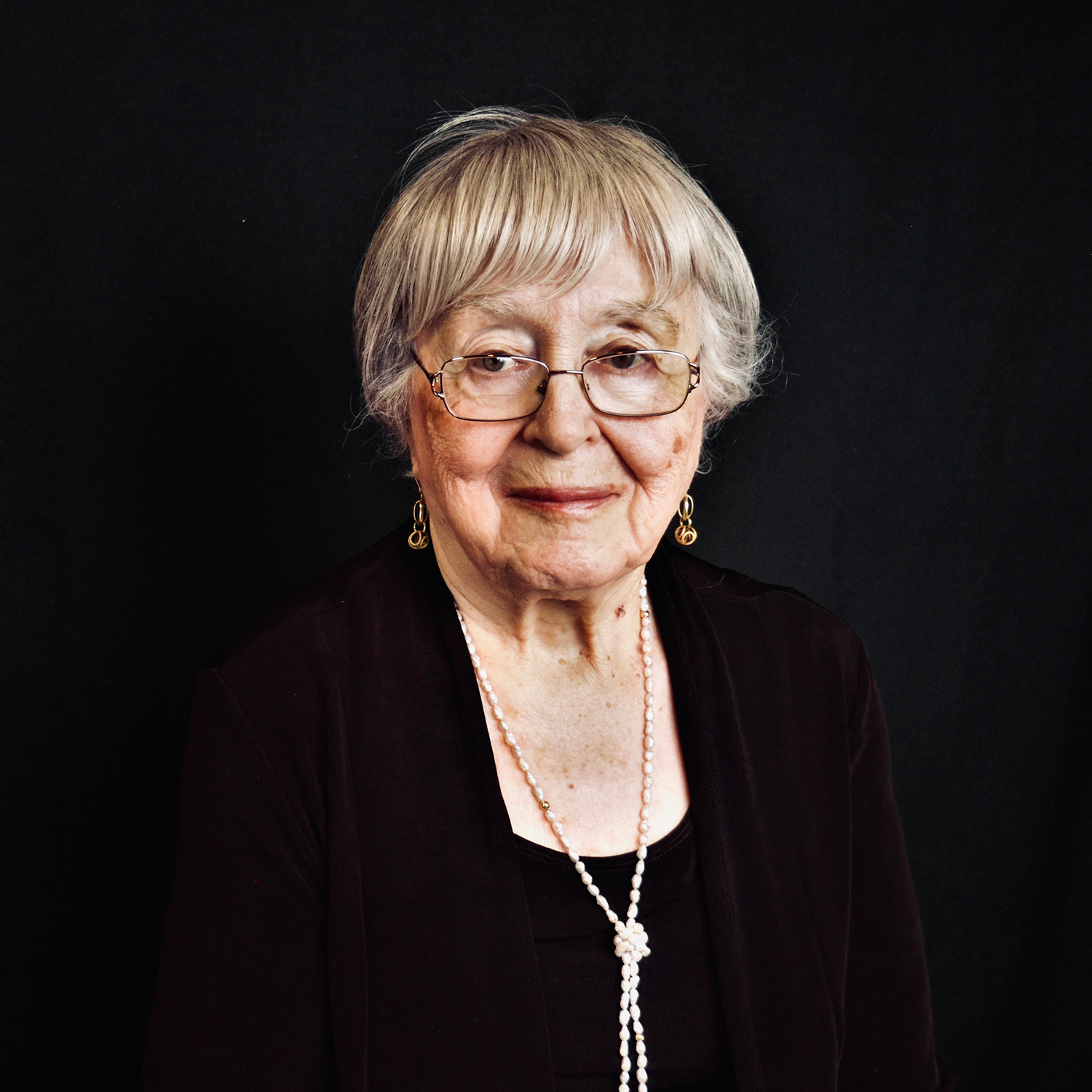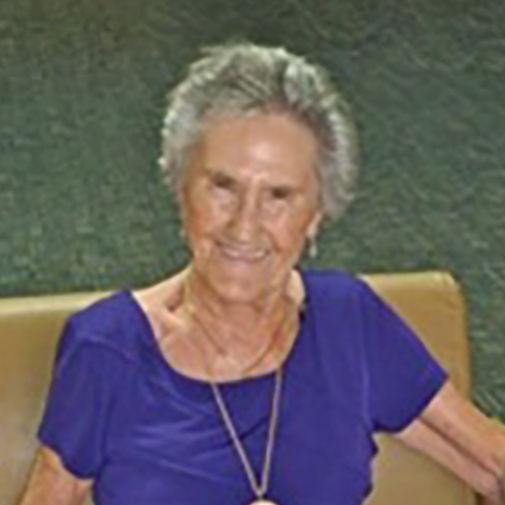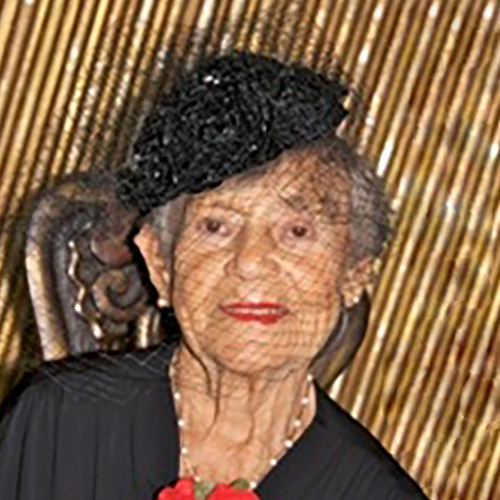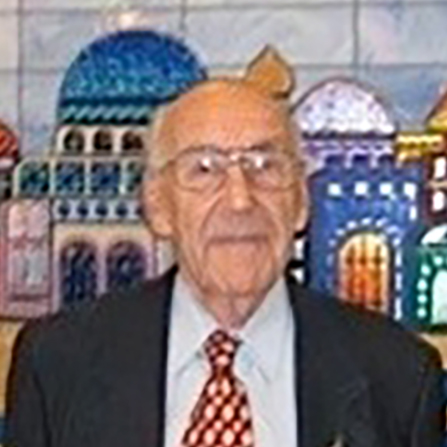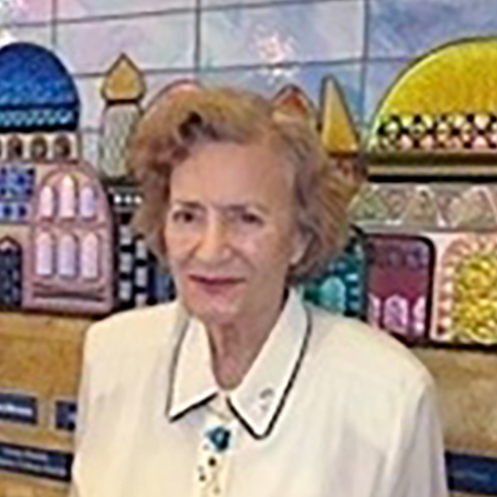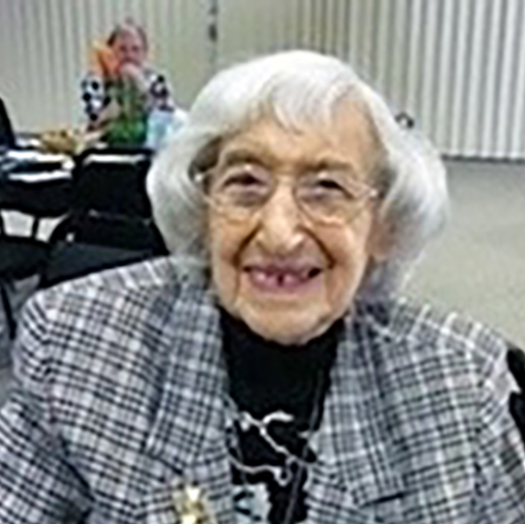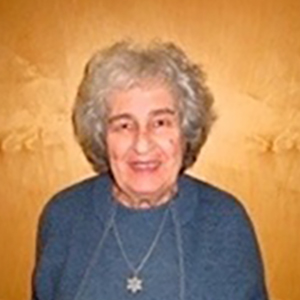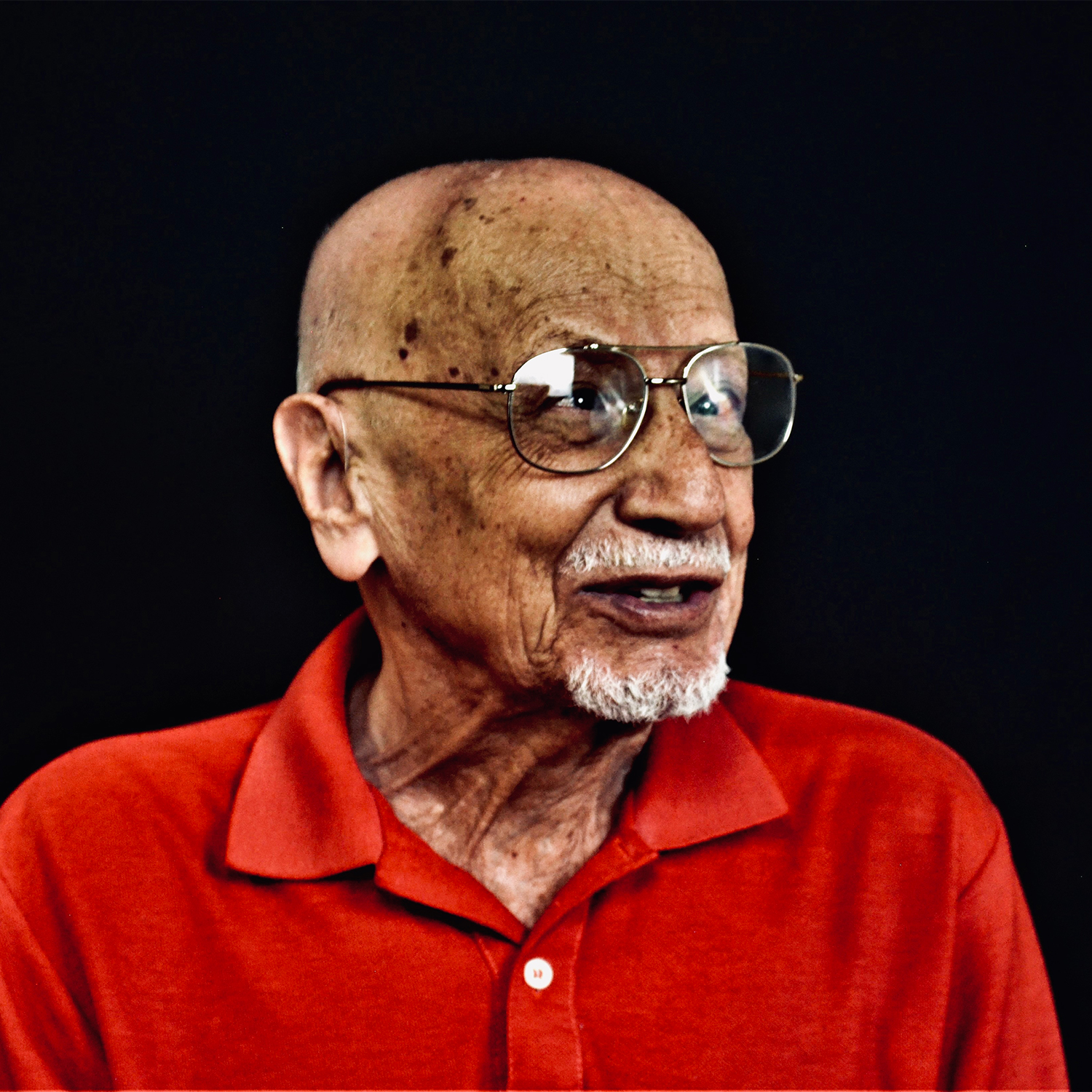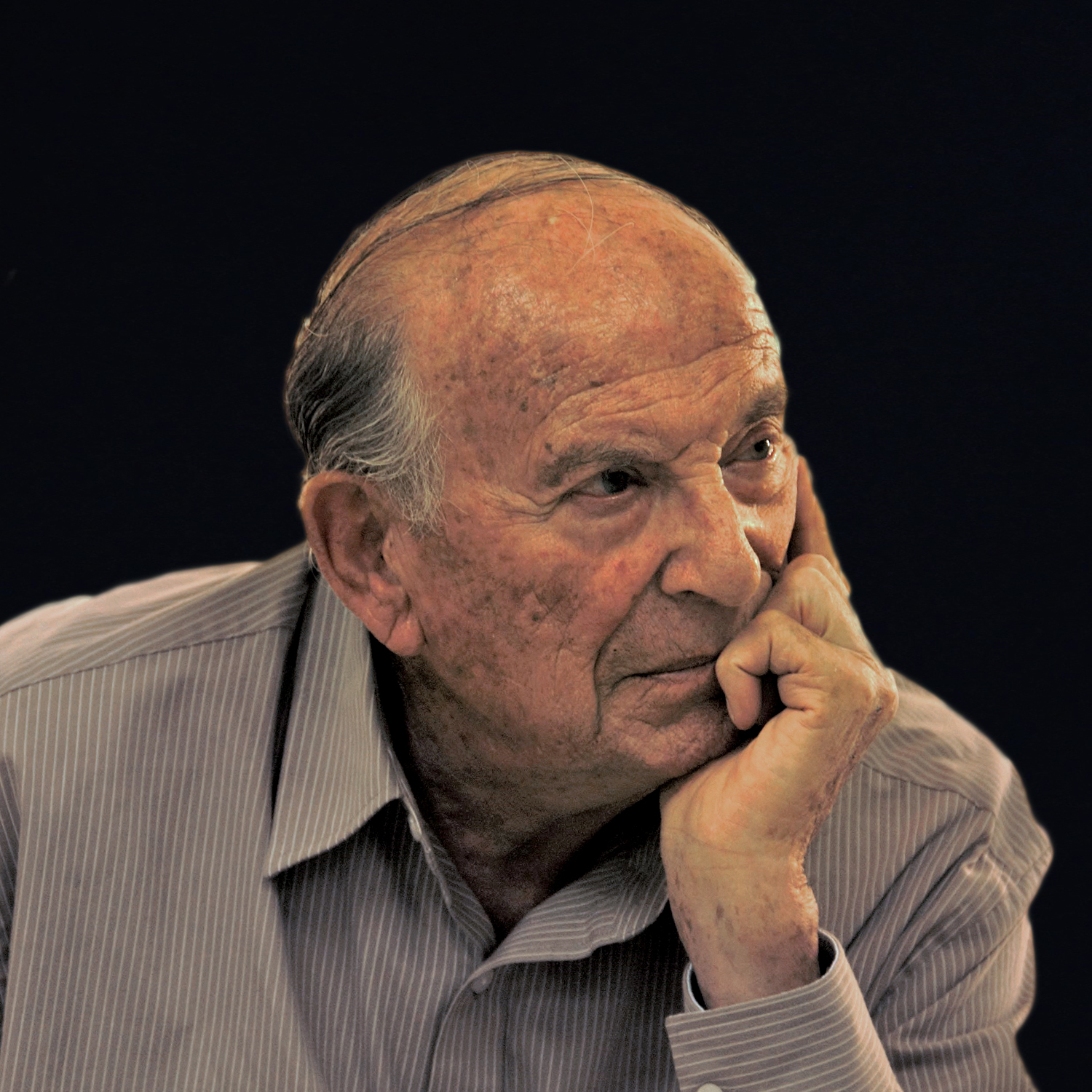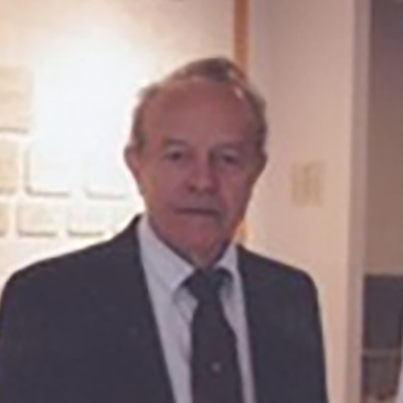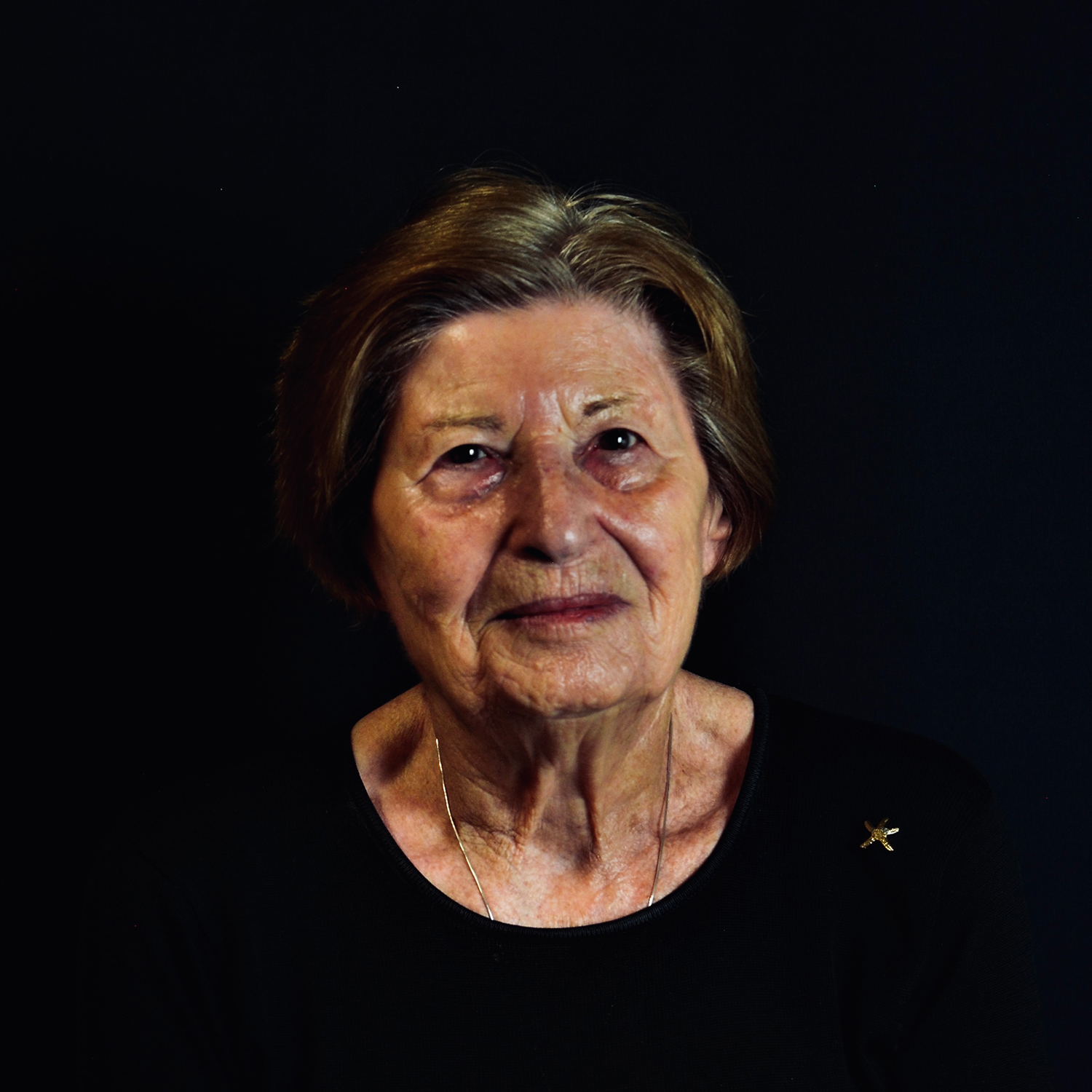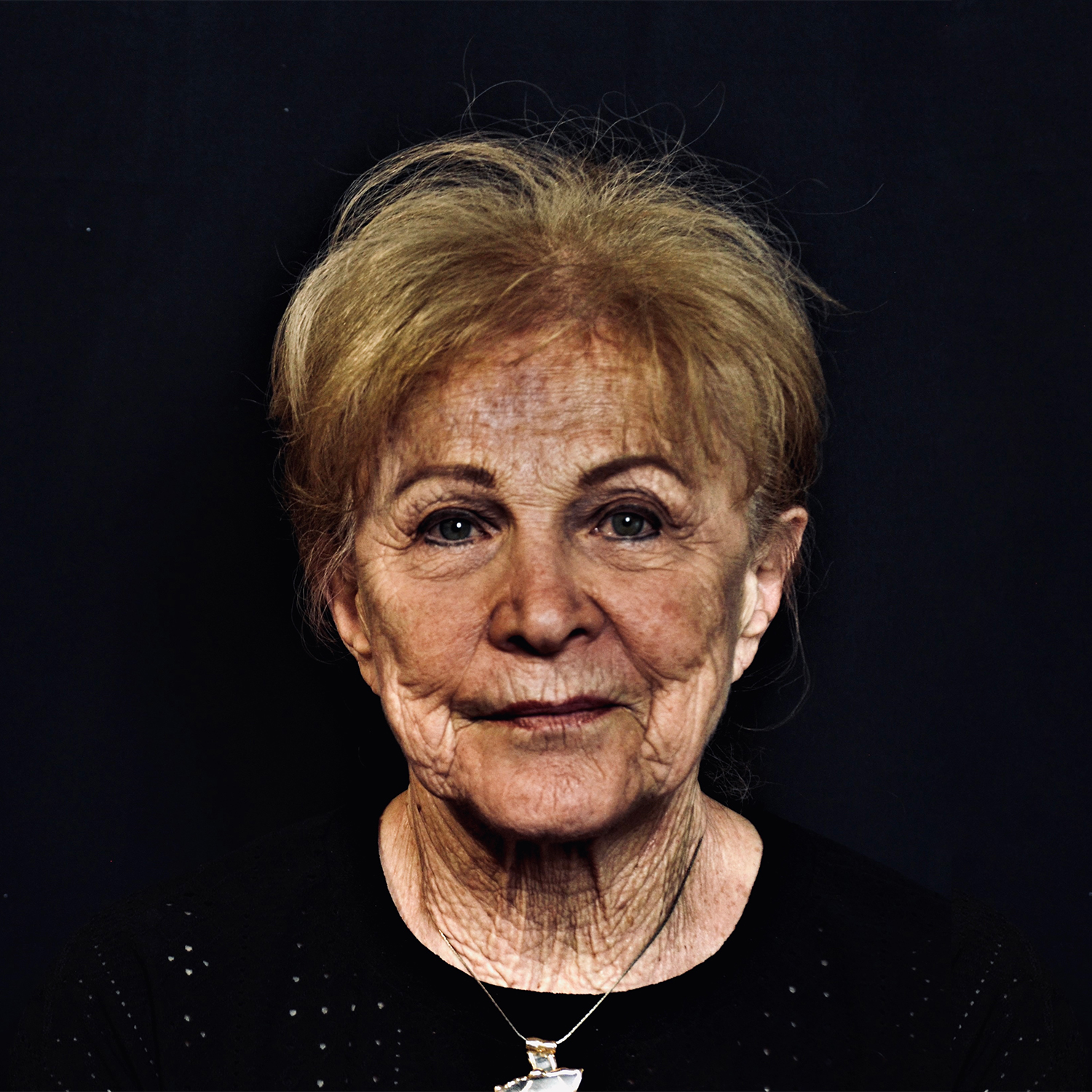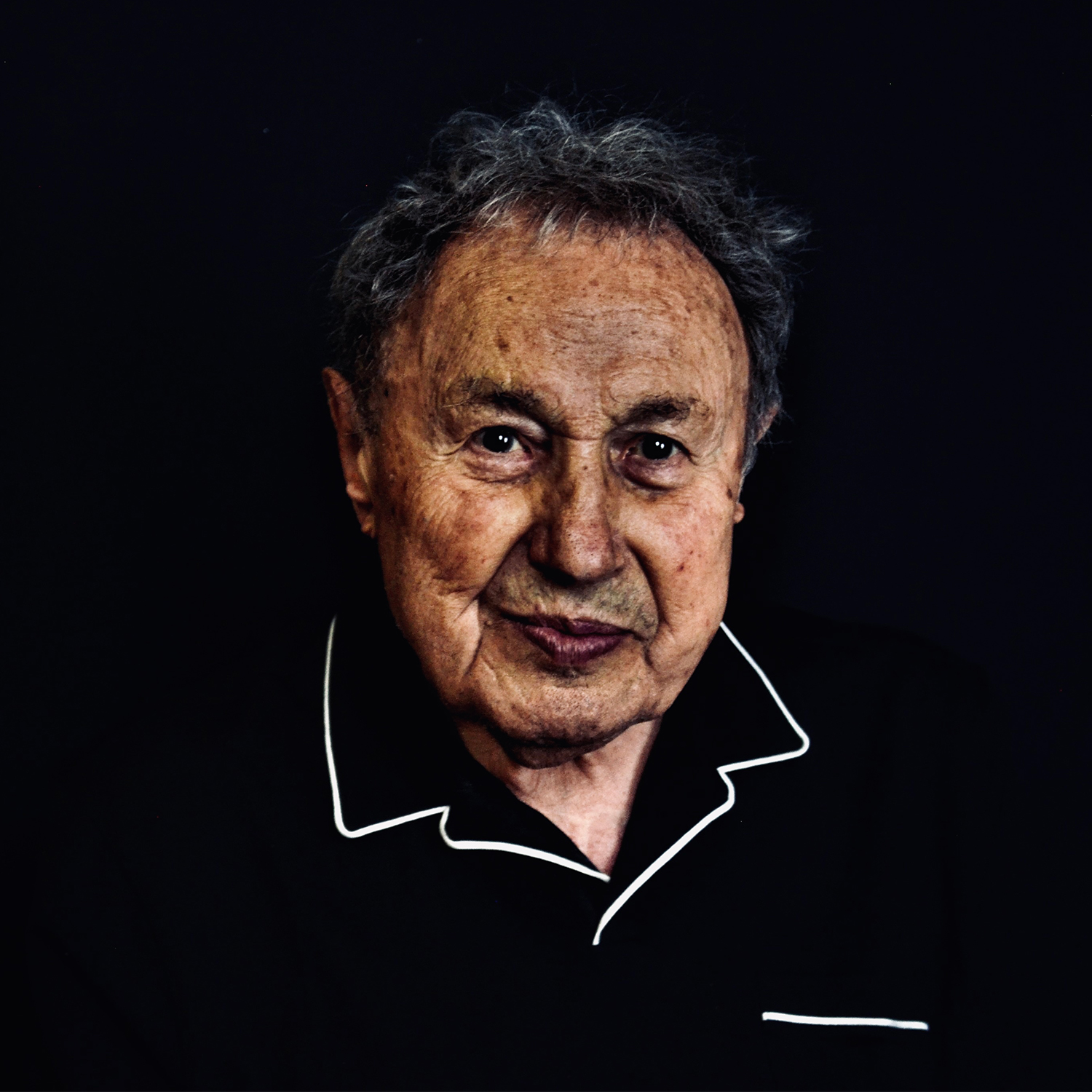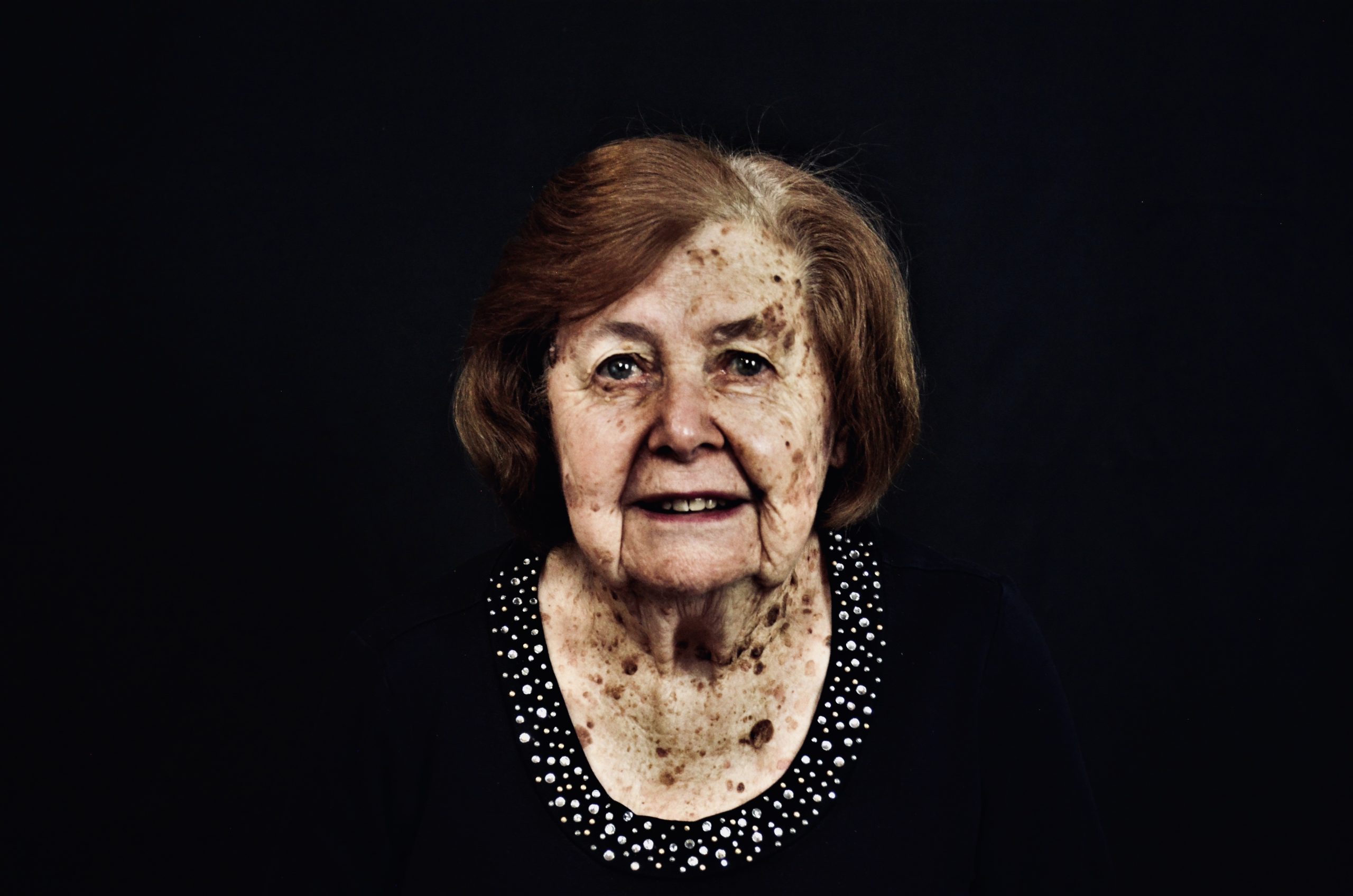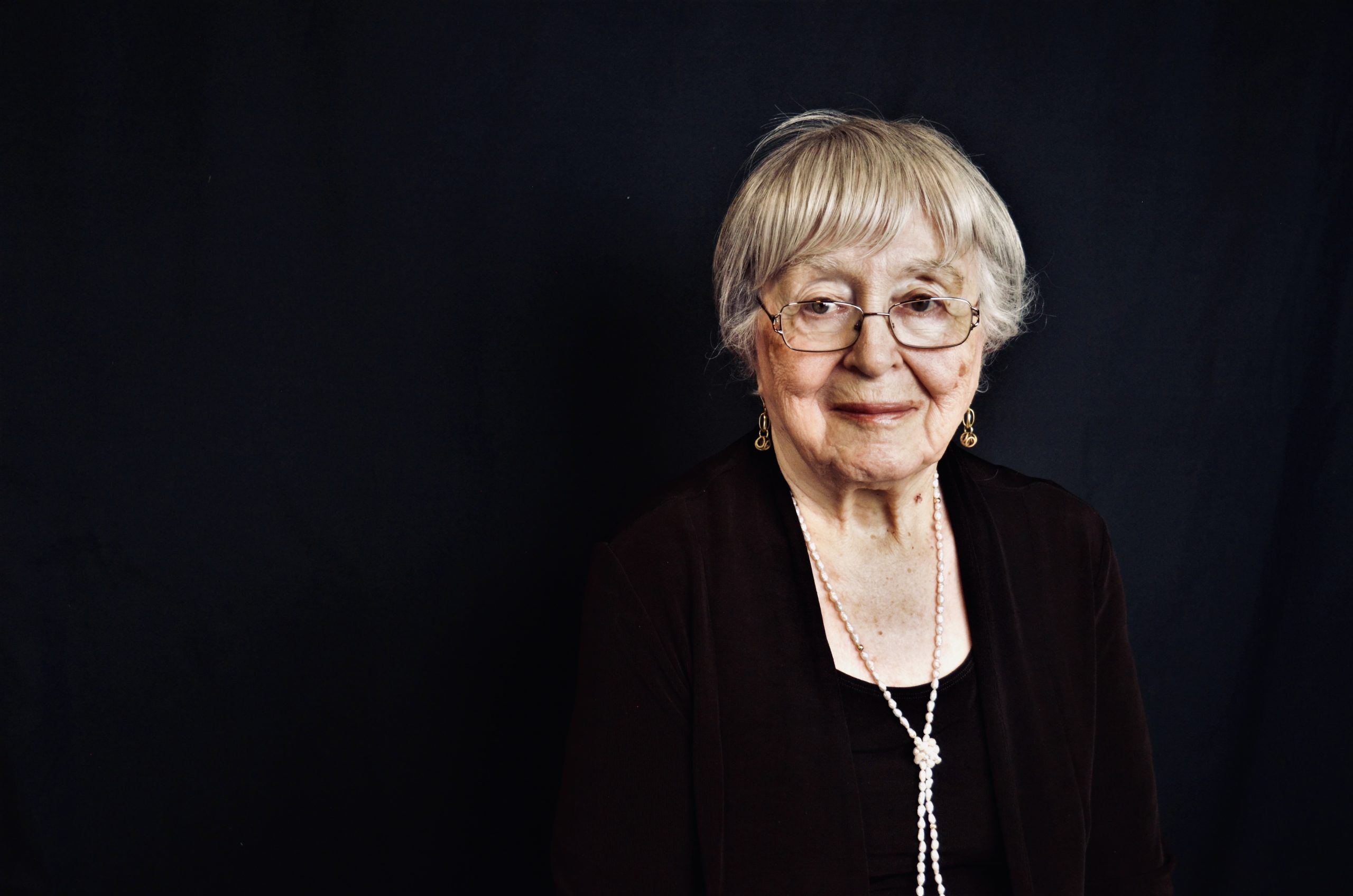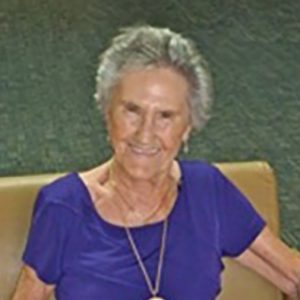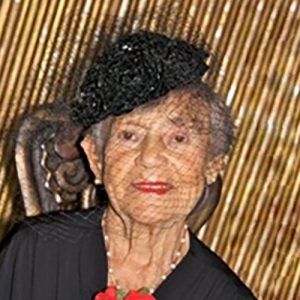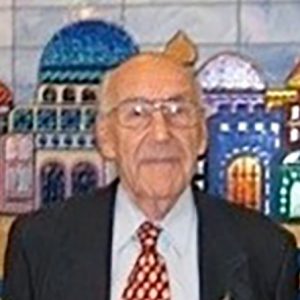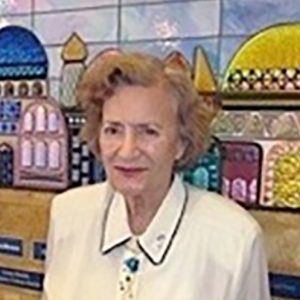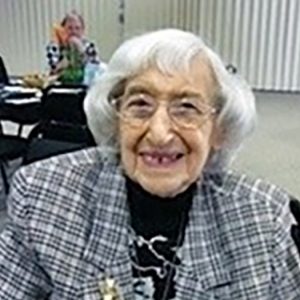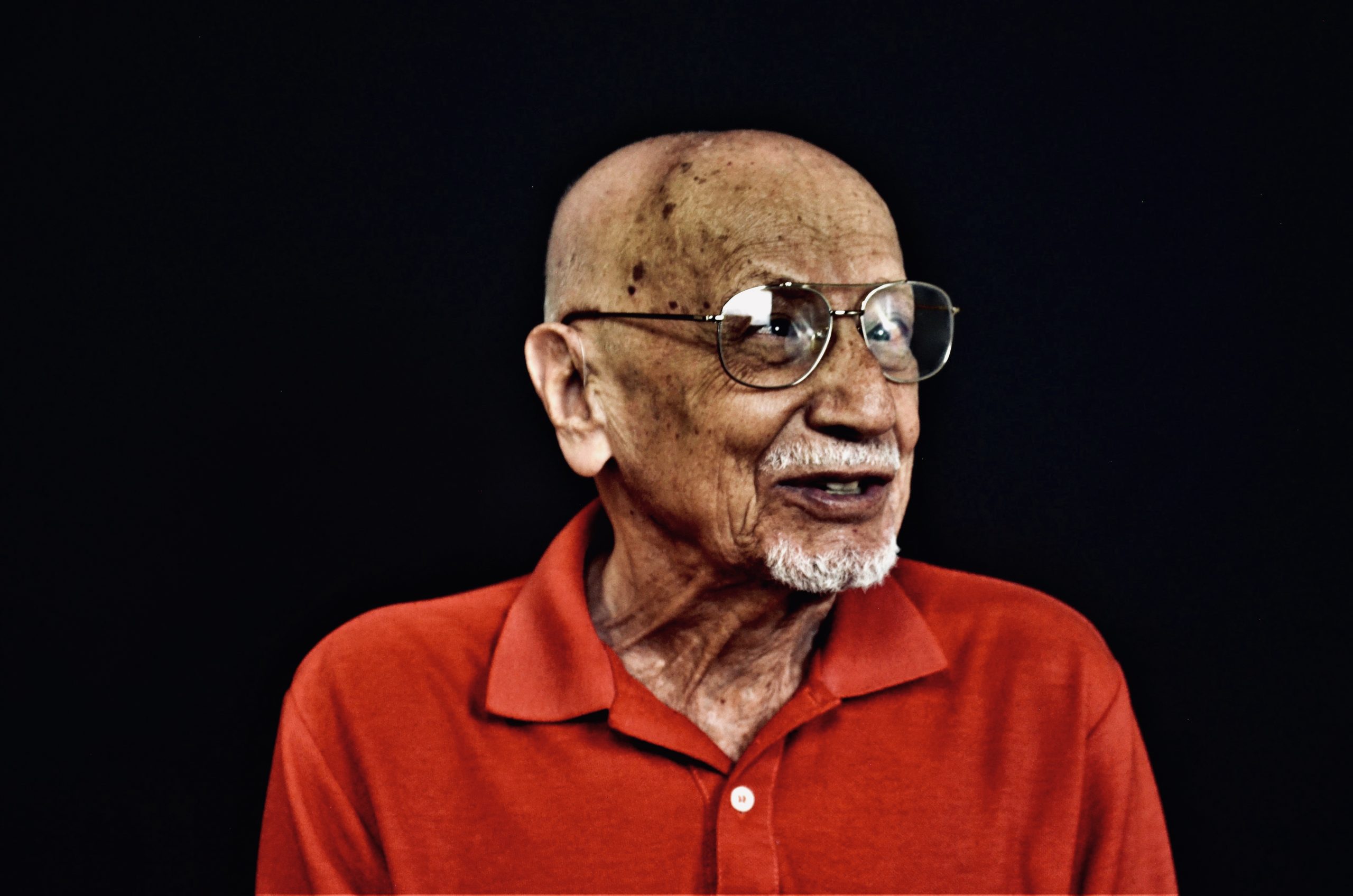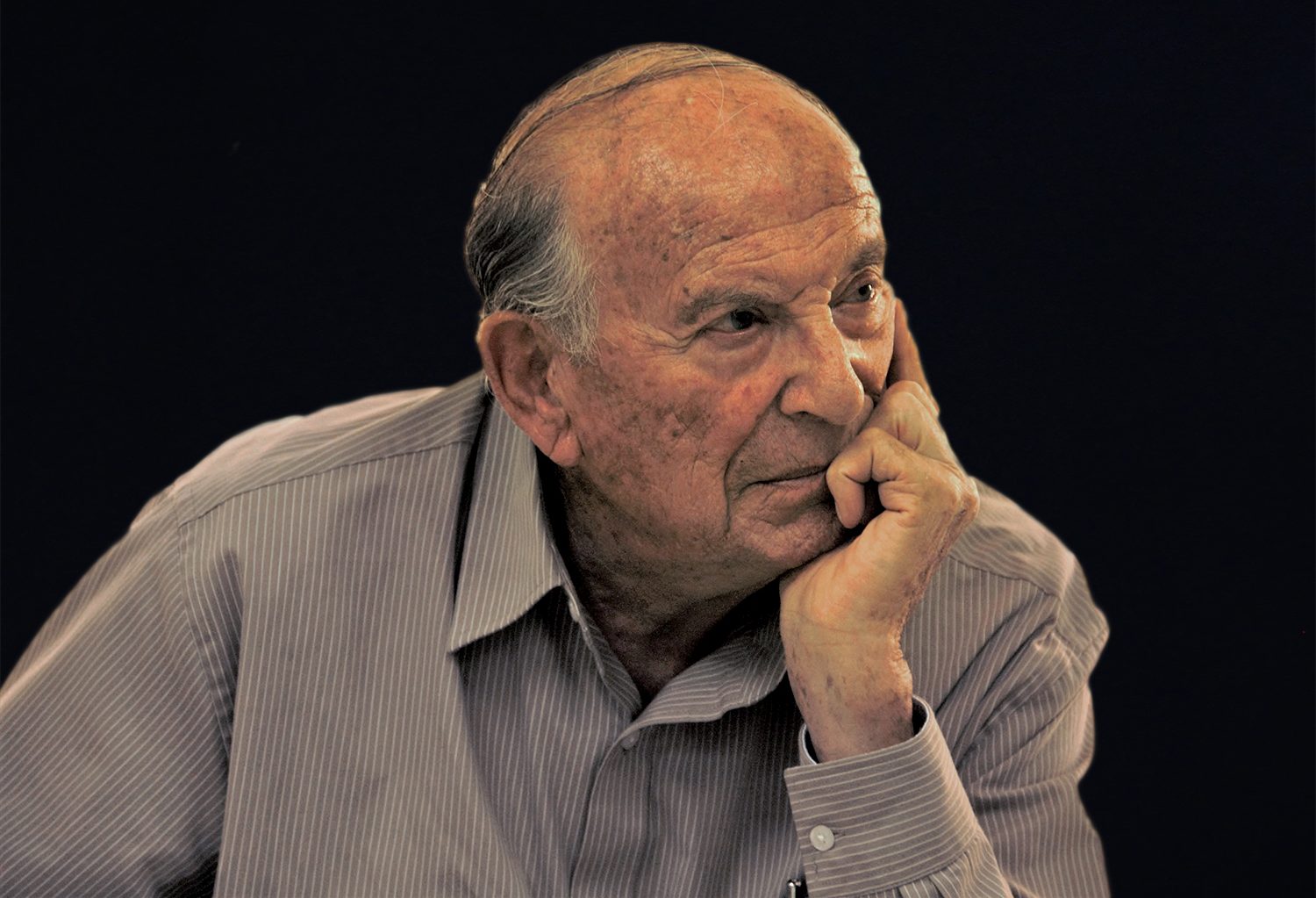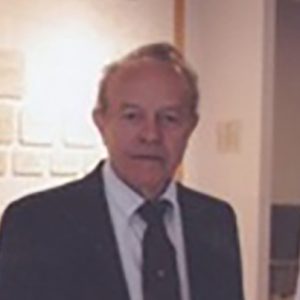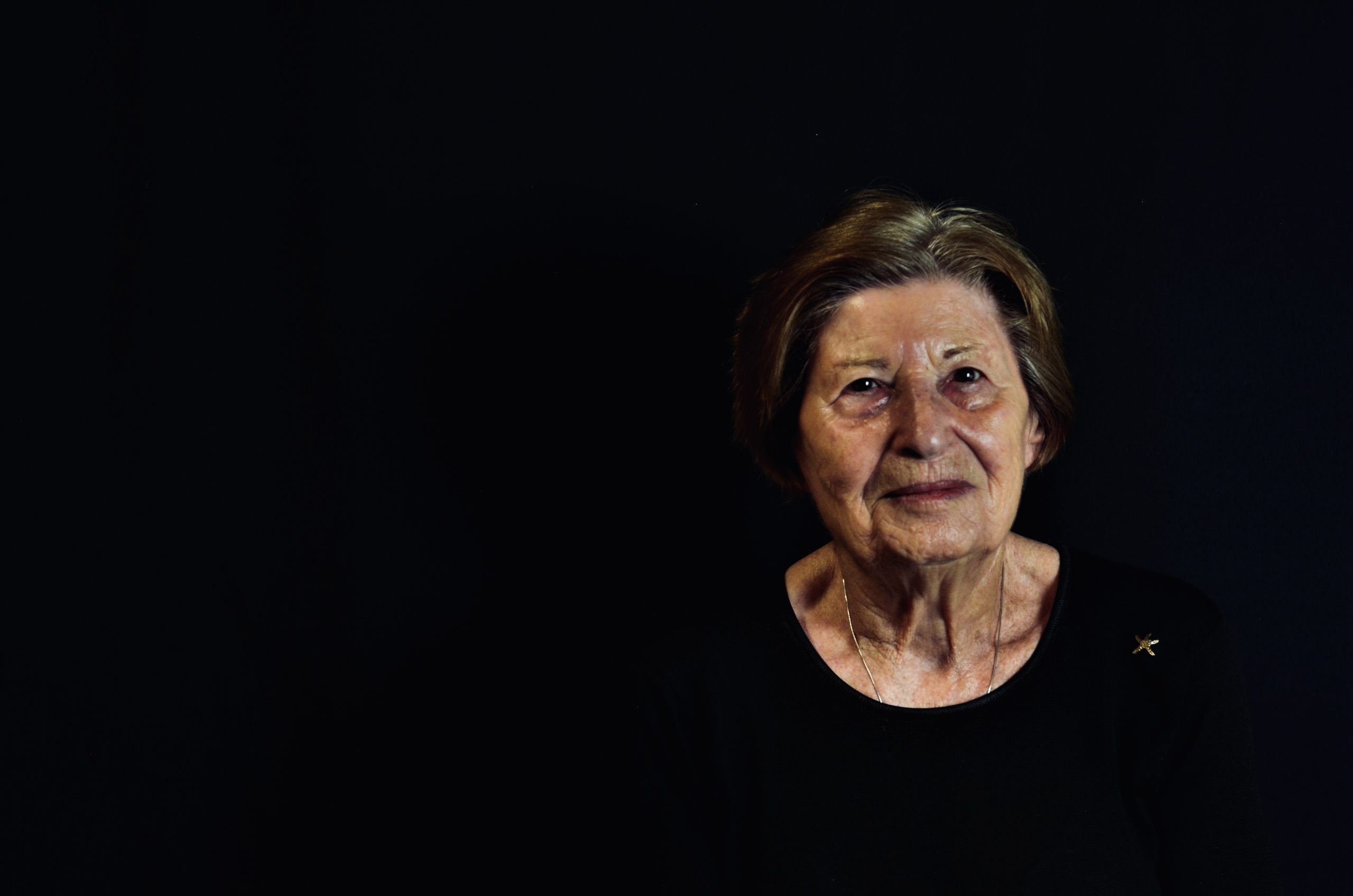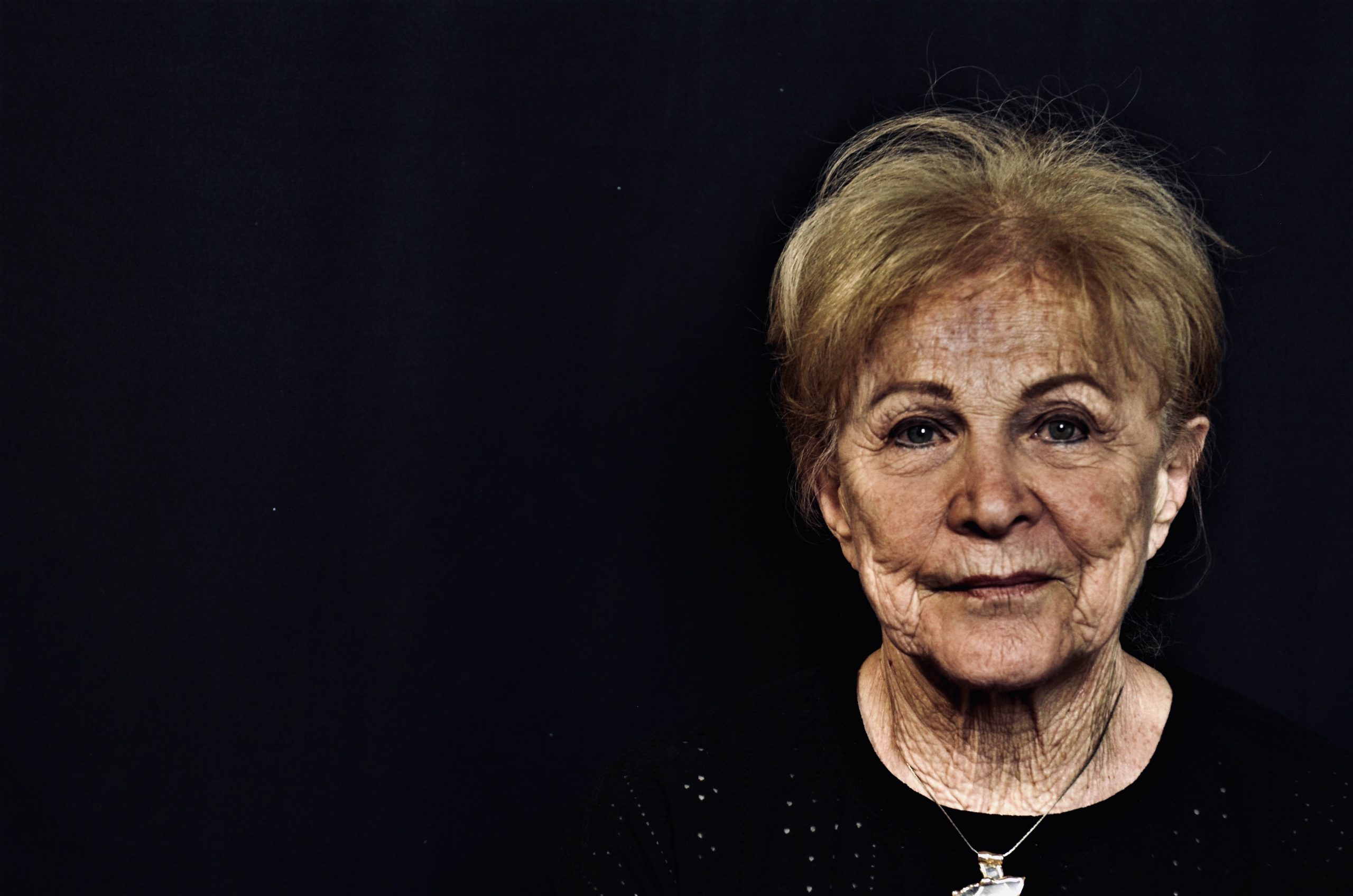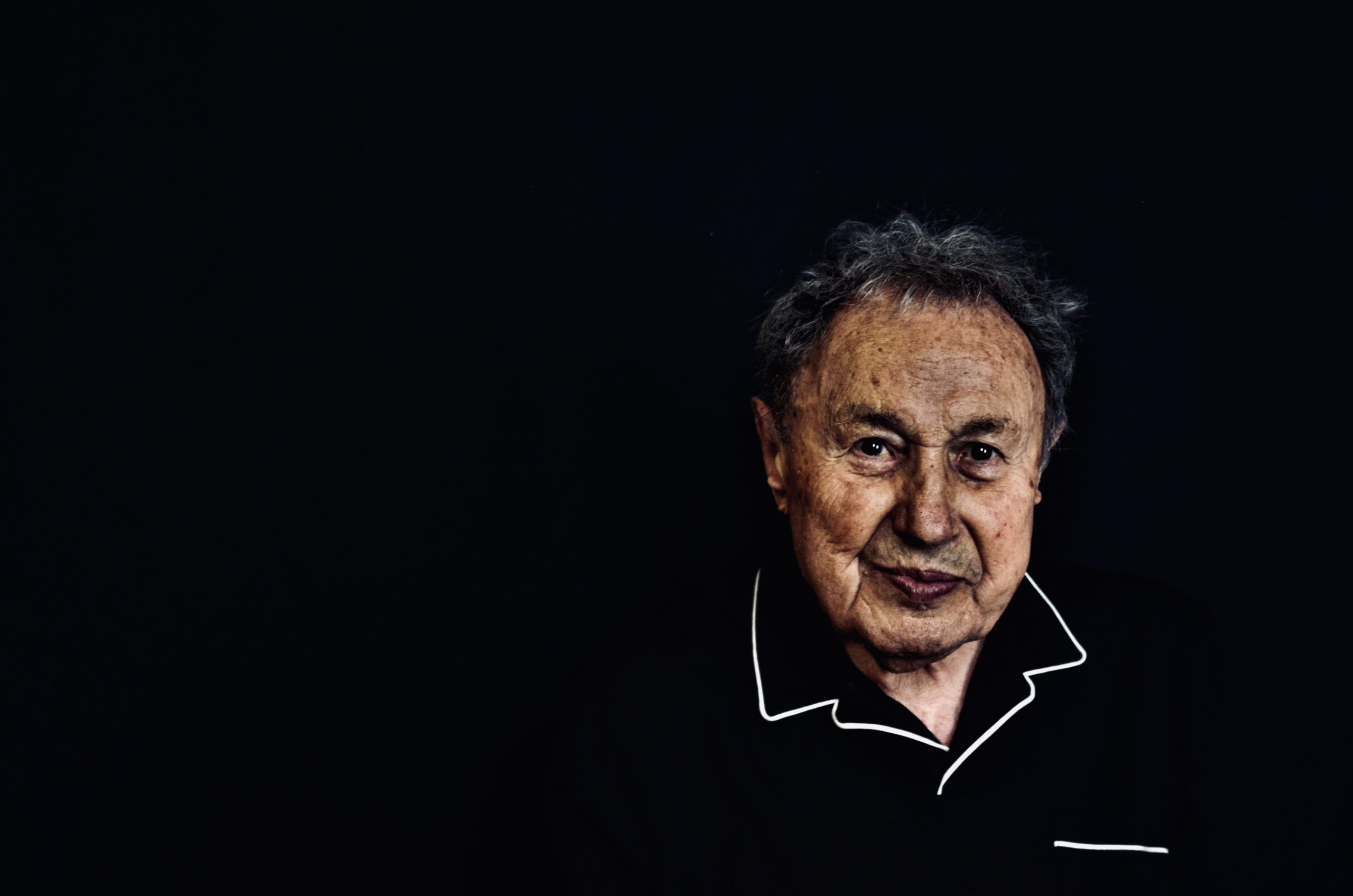Remember
The Phoenix Holocaust Association sponsors and supports community Holocaust remembrance programs. We also record and publish stories of Arizona Holocaust survivors and their descendants.
2026 Community-wide Yom HaShoah Commemoration
Sunday, April 12, 2026
4:00 pm
Beth El Congregation
2026 Yom HaShoah Book of Remembrance
As part of our Yom HaShoah Commemoration, we pay tribute to those family members who perished in the Shoah and honor those who survived in a Book of Remembrance.
Click the button below to submit your tribute.
Yom HaShoah/Holocaust Remembrance
PHA hosts the largest community-wide Holocaust Remembrance Day event in all of Arizona. Yom HaShoah is recognized each year in April or May, coinciding with the 27th Day of Nisan (on the Hebrew calendar) marking the beginning of the Warsaw Ghetto Uprising of 1943, when Jewish resistance fighters defied the Nazis and fought for freedom and dignity.
Our annual Yom HaShoah Commemoration includes a procession of local survivors, a candle lighting ceremony to remember the six million Jews murdered in the Holocaust, a keynote address by a local speaker, a survivor’s remarks, an invocation and message from a local rabbi, music, prayers, and the presenting of PHA’s Annual Shofar Zachor Award for outstanding contributions to Holocaust and genocide education. To view photos from our 2025 Yom HaShoah program, please click the button below:
Survivor Stories
The Holocaust was a profoundly tragic time in world history that resulted in the murder of six million Jews, of which an estimated 1.5 million were children. Another five million human beings were also killed, including Roma-Sinti people (“Gypsies”), political dissidents, communists, intellectuals, Jehovah Witnesses, homosexuals, Poles, and people with mental and physical disabilities.
Most Holocaust survivors alive today are over the age of 80. Local survivors’ stories cover a wide range of backgrounds and Holocaust experiences.

